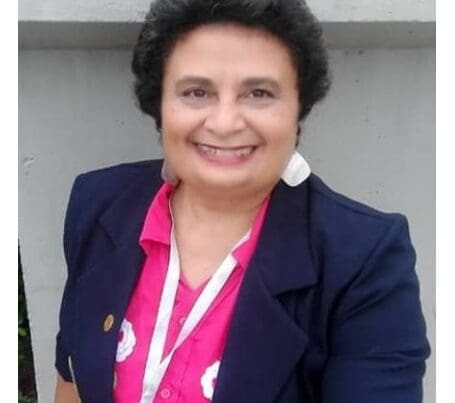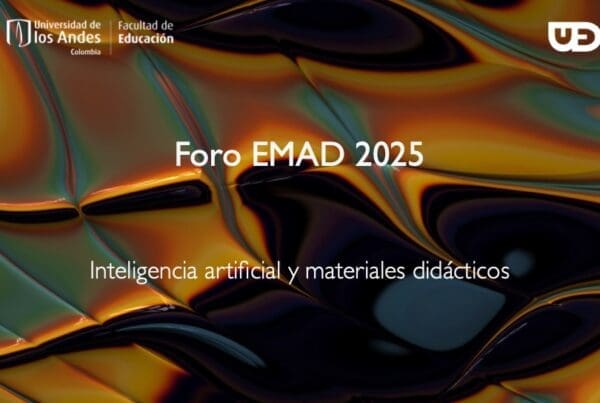Canadas, M., Castro, E. y Castro, E. (2009). Using a model to describe students’ inductive reasoning in problem solving. Electronic Journal of Research in Educational Psychology, 7(1).
We present some aspects of a wider investigation (Cañadas, 2007), whose main objective is to describe and characterize inductive reasoning used by Spanish students in years 9 and 10 when they work on problems that involved linear and quadratic sequences. Method. We produced a test composed of six problems with different characteristics related to sequences and gave it to 359 Secondary students to work on. The problems could be solved using inductive reasoning. We used an inductive reasoning model made up of seven steps (Cañadas and Castro, 2007) in order to analyze students’ responses. Results. We present some results related to: (a) frequencies of the different steps performed by students, (b) relationships between the frequencies of steps depending on the characteristics of the problems, and (c) the study of the (in)dependence relationships among different steps of the model of inductive reasoning. Discussion. We can conclude that the inductive reasoning model was useful to describe students’ performance. In this paper, we emphasize that the model is not linear. For example, in some problems students reach the generalization step without passing through the previous steps. To describe how students reach more advanced steps without the previous ones, and to analyze whether accessing the intermediate steps could have been helpful for them, are tasks for future research.





